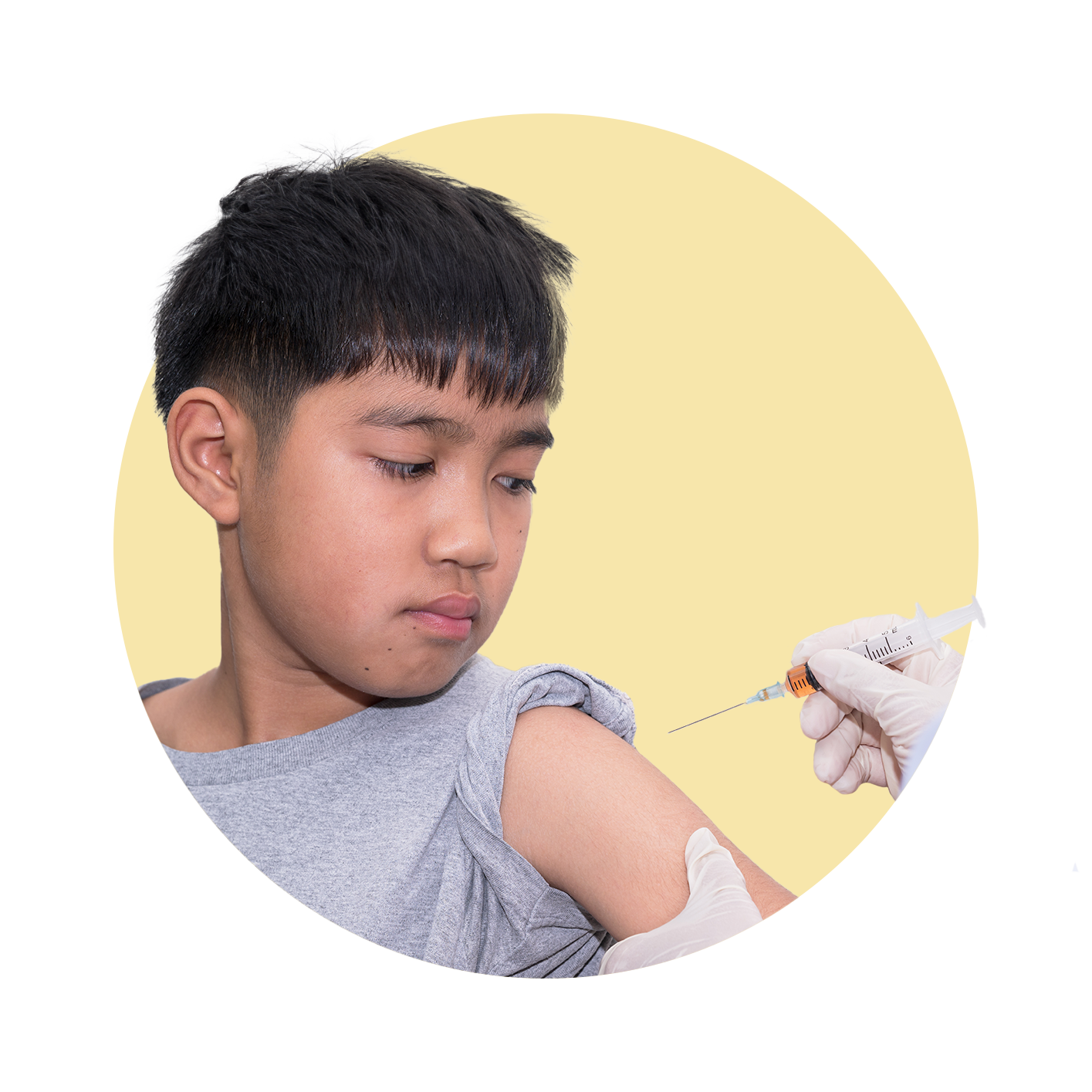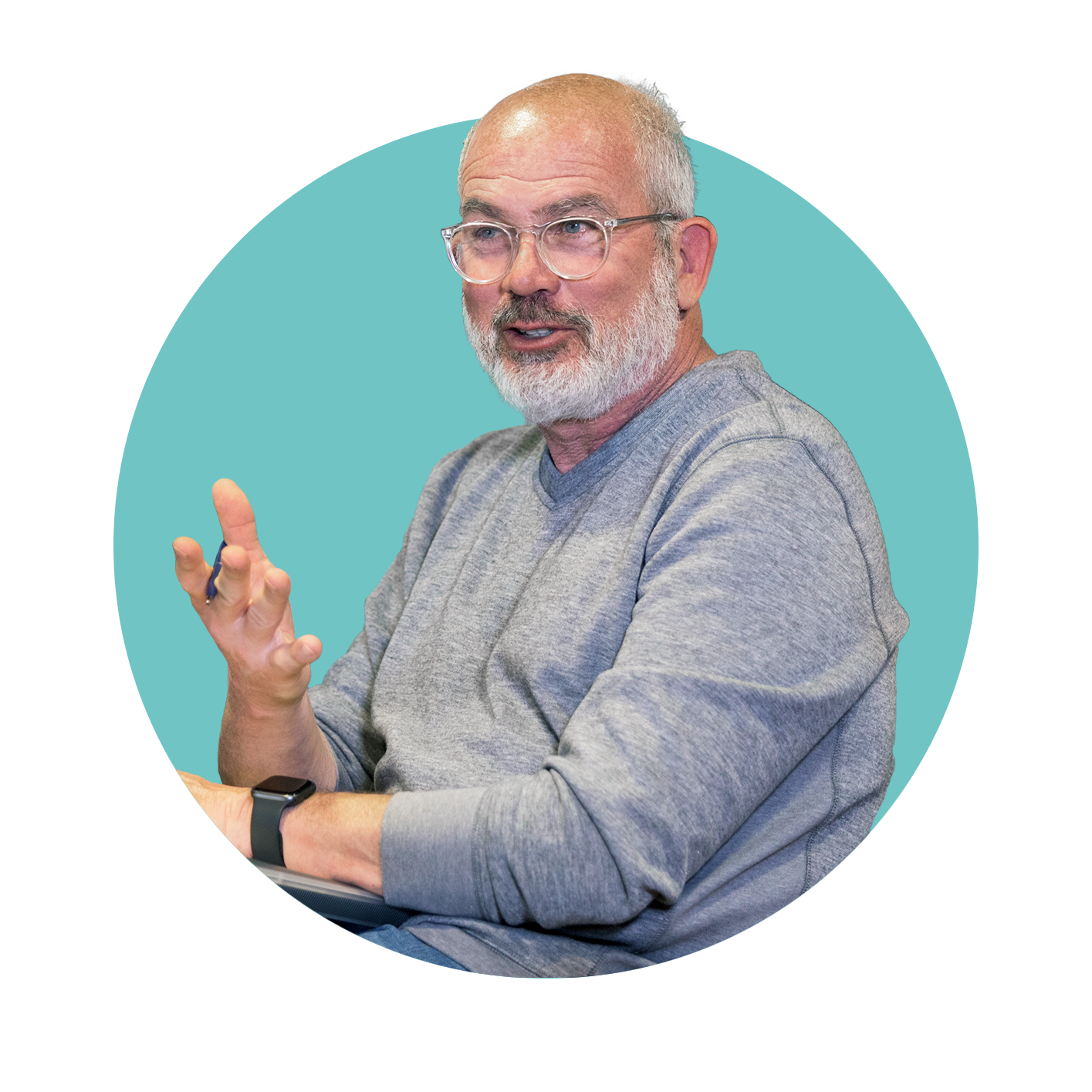Collaborating to provide free catch-up immunisations for refugees
Prioritising the health and wellbeing of refugees, enabling children to attend daycare and school, and adults to work.
Related Tags

In 2023, SEMPHN was informed the Victorian Government-funded Program for Refugee Immunisation Monitoring and Education (PRIME) was ceasing in December 2024.
For more than six years, PRIME delivered lifespan immunisation and asylum seeker healthcare in local government areas, including supporting catch-up vaccination in primary care.
Free access to immunisations is crucial to the health of refugees and their livelihood – enabling children to attend daycare and school, and adults to work under the ‘No Jab, No Pay’ and ‘No Jab, No Play’ policies. The ending of PRIME was seen as posing an immediate risk to the refugee community in south east Melbourne which could increase the possibility of an infectious disease outbreak impacting the health of wider community.
SEMPHN identified that a seamless transition to primary care and culturally appropriate service provision would be required to continue offering immunisations to the refugee and asylum seeker community. Two major challenges were the lack of capacity and capability for general practices to deliver immunisations, as well as limited bilingual nurse immunisers available to effectively support this vulnerable population.
Combining expertise to deliver a rapid response
SEMPHN met with key provider, the City of Greater Dandenong (CGD), to workshop solutions and discuss how we could collaborate to continue delivery of key components of this service. Through our close relationships with general practices, we were able to identify 24 potential clinics who showed interest in upskilling. After CGD reached out to these clinics, we were able to secure 15 clinics to support the continuation of this program.
We commissioned CGD to provide face-to-face training for practice nurses in the 15 clinics so that they could deliver catch-up immunisations for refugee patients across the cities of Dandenong and Casey. CGD also engaged with AMES Australia and Monash Refugee Health Service to co-design a new referral pathway for newly arrived families requiring catch up immunisation. This encouraged coordination between services.
CGD, SEMPHN and North Western Melbourne Primary Health Network (NWMPHN) co-hosted an online webinar in March 2024, with 120 practice staff learning about recent changes in refugee health immunisation and human papilloma virus vaccination programs, how to develop a catch-up immunisation schedule and available resources to support planning.
CGD Immunisation Coordinator, Lisa Beck, said coming together to address the challenge meant the risk of community outbreaks from vaccine preventable diseases was reduced.
“Effective healthcare must be a collaborative effort, and the coming together of the City of Greater Dandenong and SEMPHN is a perfect example of that. Providing this specific immunisation training and support to general practice nurses increased their confidence and capability. It has resulted in increased access to catch up immunisation services for people from refugee backgrounds in our community and has had a flow on effect of meeting ‘No Jab No Play and No Jab No Pay’ requirements in Victoria for early childhood education access and Centrelink assistance.”
Refugees supported to live their healthiest lives
Over the course of one year, many refugees received immunisations that would have been missed if this program was not available. Through training, practices were better equipped to manage and deliver immunisation.
Feedback about the program was overwhelmingly positive with one practice nurse saying it enhanced their confidence and improved their processes.
“We have found the training program to be most beneficial to our practice. Although we regularly provide NIP vaccinations, we don’t routinely provide catch-up immunisation and found this area quite challenging prior to the training. The CGD staff gave us resources such as age specific templates to develop catch ups easier, as well as helping us set up interpreting services accounts and use online calendar conversions to convert dates from overseas vaccination records. Some great tips were given to upload to Australian Immunisation Register (AIR) online more efficiently and some common mistakes that would usually result in duplicates were identified. We also learned how to access and order AIR overdue reports that we can incorporate into our recall systems for children listed as overdue from our practice. Overall, we feel more confident in the provision of catch-up immunisation.”
Through collaboration, SEMPHN and CGD were able to innovate and deliver a unique training program that enabled continuity of service and ultimately assisted in maintaining immunisation rates to prevent infectious disease outbreaks within our community.




